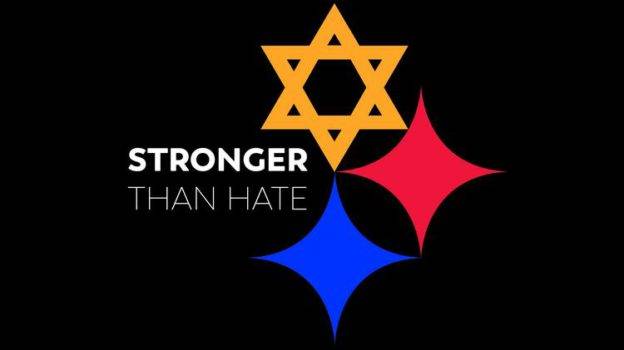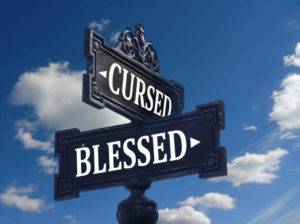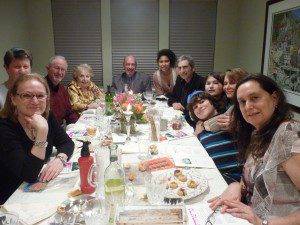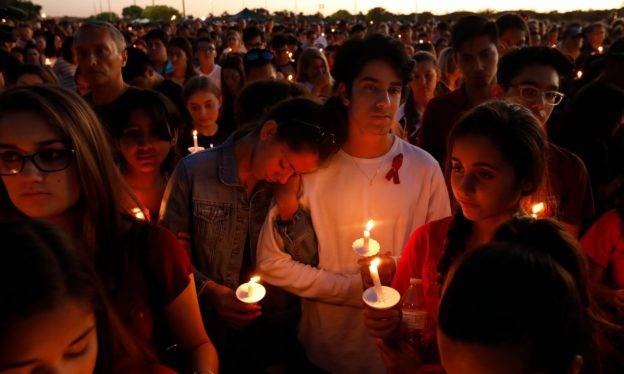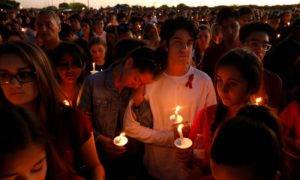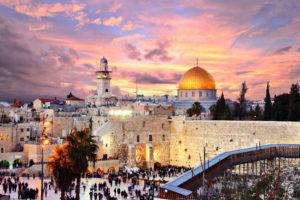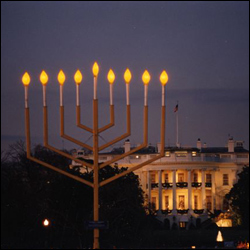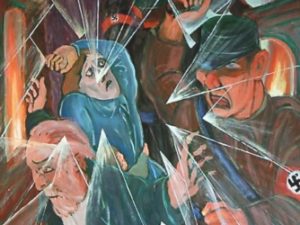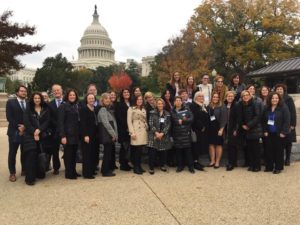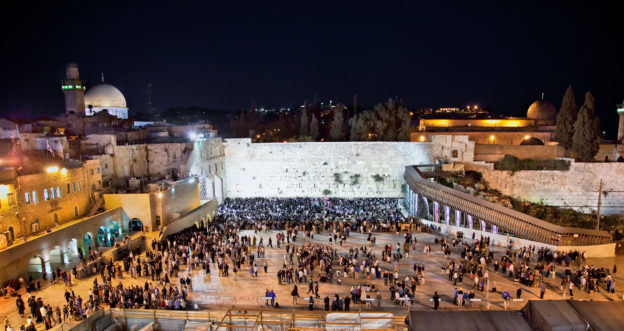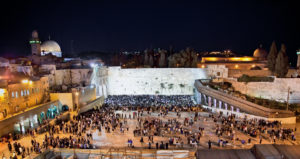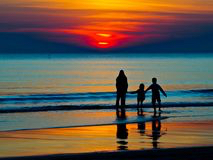With the marking of Sheloshim for the victims in Pittsburgh and the passage of time, an important question is now being raised, where do we go from here? Or more simply put, What Now?
In the aftermath of tragedy, it is important to rebuild and move forward. In response to a natural disaster, the need to rebuild is clear. Houses, infrastructure, all of the things physicallydamaged or destroyed need to be put back into place, often rebuilt from scratch. But with a disaster of this nature, the rebuilding is not so clearly defined. What is the enduring message we want our rebuilding to carry?
How do we honor the legacy of those taken from us, the outpouring of support from the greater community, the lastingJewish values that have kept our people and our tradition and will continue to do so? Other difficult but important questions to consider include these: Anti-violence training prompted someone to ask how can she run to safety, when saving herself means she leaves behind the more vulnerable? Another question, how do we practice hospitality and welcome people into our Jewish homes (synagogues), when the front door is locked or attended by an armed guard? How can we feel safe when anti-Semitic incidents are not only on the rise, but finding new levels of public acceptance?
There is an urge to rebuild the physical structures quickly, to return to normal and stand up to the hatred with defiance. But there was an important lesson learned from rebuilding lower Manhattan post 9/11. The deliberate but protracted process achieved amazing results. What was no longer is and recreating something from before does not acknowledge the event that has irrevocably changed us. The memorials honor the event and the human tragedy as well as the spirit of courage, hope and love. So too, the Shanksville memorial that I visited on my return from Pittsburgh is a moving and thoughtful tribute to the brave men and women on that fateful flight, United #93. It is prudent to resist the temptation to act too quickly, opting instead for aslower and deliberative process. The result will hopefully become an enduring symbol of strength, courage, hope and love, the best aspirations of our tradition.
The process of recovery will take time. It is a natural desire to try to shorten, if not deny, the grieving process. But our tradition clearly understands the importance of this special time. We grieve and then slowly begin the process of reintegrating ourselves into life with the experience and pain of loss a new part of us. Only then might we gain a new perspective. And from this perspective, we can create something honoring those we have lost and promoting our values for the sake of the generations to come.

